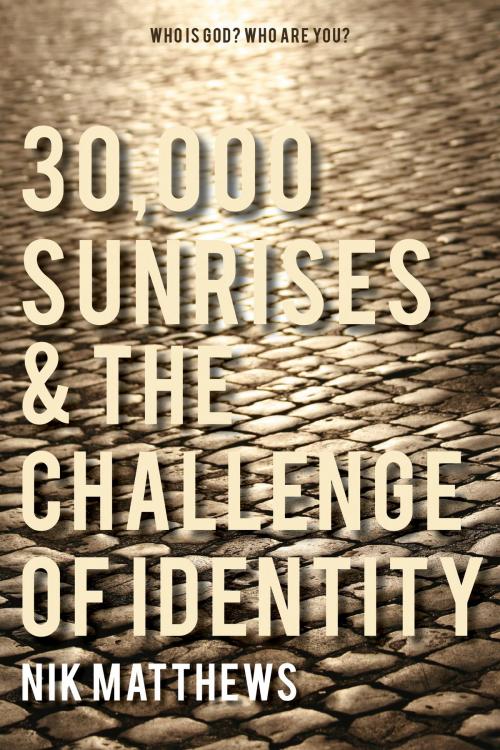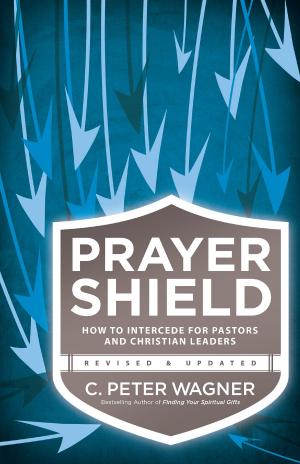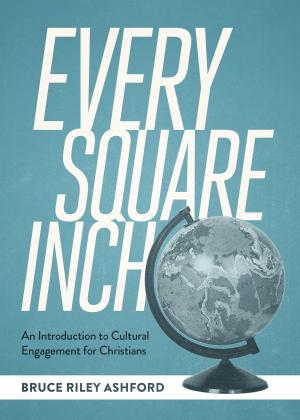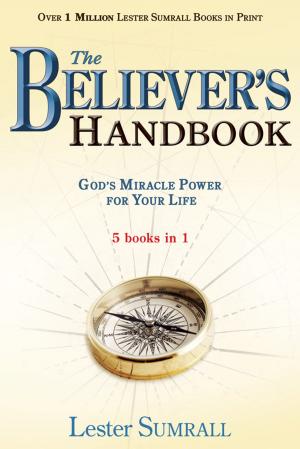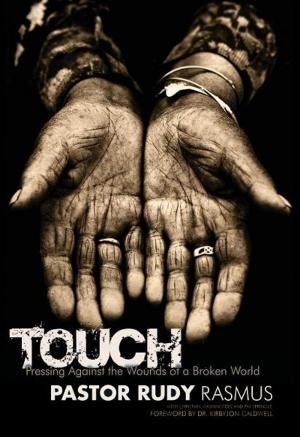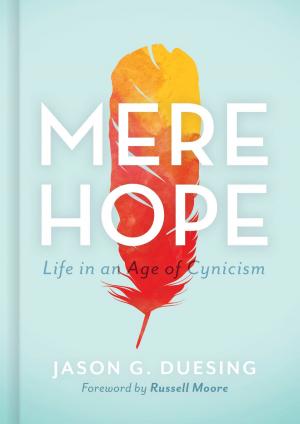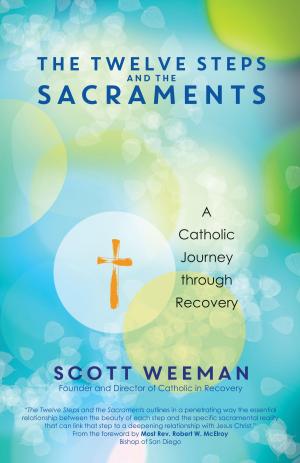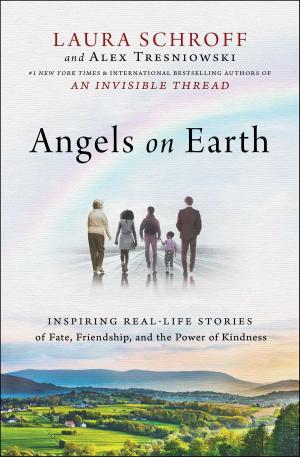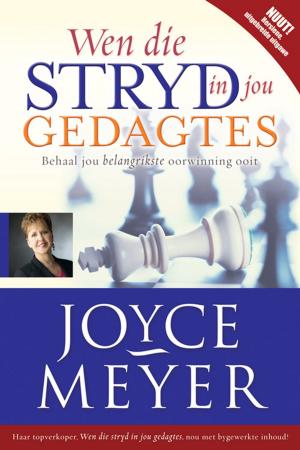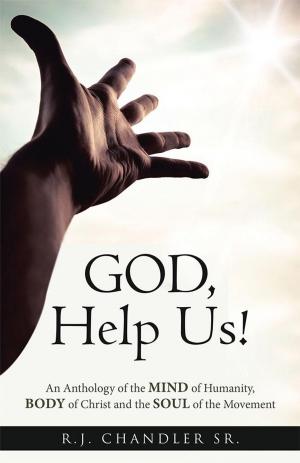30,000 Sunrises & the Challenge of Identity
Nonfiction, Religion & Spirituality, Christianity, Christian Life| Author: | Nik Matthews | ISBN: | 9781370196388 |
| Publisher: | Nik Matthews | Publication: | July 10, 2017 |
| Imprint: | Smashwords Edition | Language: | English |
| Author: | Nik Matthews |
| ISBN: | 9781370196388 |
| Publisher: | Nik Matthews |
| Publication: | July 10, 2017 |
| Imprint: | Smashwords Edition |
| Language: | English |
“30,000 Sunrises” explores the link between reputation and identity.
30,000 sunrises also refer to the number of days demographers expect me to live. That’s how many days I have to determine the meaning and purpose of life, develop a healthy understanding of God’s character, and overcome the obstacles that stand in the way.
The books subheader is “God’s reputation and the challenge of personal identity”, making the case that if we desire to have the fullness of identity, we need to have a clear view of God; an unveiled view.
The devil aims to destroy God’s reputation and to crush our identity, and this is achieved when we wear spiritual-veils; veils that block and obscure God, and hinder our relationship.
We often develop a wrong understanding of God through doubt: either we doubt all that God says he is, or we doubt he can meet our own personal circumstances. When doubt robs us of our freedom, we can develop a fear-based perspective where we interpret relationship with God as one of reaching targets and maintaining performance. Alternatively, we can personalise God to such a degree that, often subconsciously, we expect him to meet our entitlements.
I’ve identified nine spiritual-veils that people wear
1.Absent-God veil
2.Performance-God veil
3.Karma-God veil
4.War-God veil
5.Angry-God veil
6.Schizophrenic-God veil
7.Happy-God veil
8.Genie-God veil
9.Safe-God veil
Nine veils distorting our view and damaging our identity.
Through my own personal journey and walking alongside many others, I consider that each of us can relate, in some way, to the concept of these veils. Through testimony, I use real-life stories to amplify this area; stories of intimacy and humour.
Be it the result of doubt, fear or entitlement, we can discover that our understanding of the ways of God, of God’s character and his love, have become tainted. We may still see evidence of light, but we’ve lost the ability to determine the position of God and we form our assumptions of God based on misinformation; over time the gap between our assumptions and the character of God widens.
This book does not ignore the tough questions of life, and these questions do represent our need for identity
•Who am I?
•Where am I from?
•Why am I here?
Or, they represent our uncertainty of God’s reputation
•Why does God allow?
•Why is there suffering?
•Why doesn’t God stop?
These important questions directly influence our understanding of God’s reputation and our personal identity.
Whilst some of the hardest questions of faith, as they relate to God’s reputation, are also explored
•The Conquest of Canaan
•The Revelation narrative
Yet, these are not discussed from an in-depth theological perspective, rather, they are discussed in the context of God’s good character; of a God who is gracious and compassionate, slow to anger and rich in love.
The reader is invited to consider their own questions and concerns, and even accusations that they may have against God. Central to the philosophy of this book is God’s comfort in being asked questions. Yet, the way we ask questions becomes important; as a son or daughter deeply loved by Father, or as an accuser.
God is further explored through providing three solid anchors in our knowledge of God’s character (God’s Exodus 34:6 autobiography, the person of Jesus and the priorities of Holy Spirit), and these three anchors become a solid foundation in helping to navigate a society that can reject God, and even resent God.
The book ends with a challenge to live lives that are veil-free, and to use our confidence in God to reach a hurting world, a world desperately needing to meet the God who loves them and where the battle for personal identity and the need for confidence in God’s reputation is of paramount importance in the 21st Century.
30,000 sunrises to live life in the fullness of identity.
“30,000 Sunrises” explores the link between reputation and identity.
30,000 sunrises also refer to the number of days demographers expect me to live. That’s how many days I have to determine the meaning and purpose of life, develop a healthy understanding of God’s character, and overcome the obstacles that stand in the way.
The books subheader is “God’s reputation and the challenge of personal identity”, making the case that if we desire to have the fullness of identity, we need to have a clear view of God; an unveiled view.
The devil aims to destroy God’s reputation and to crush our identity, and this is achieved when we wear spiritual-veils; veils that block and obscure God, and hinder our relationship.
We often develop a wrong understanding of God through doubt: either we doubt all that God says he is, or we doubt he can meet our own personal circumstances. When doubt robs us of our freedom, we can develop a fear-based perspective where we interpret relationship with God as one of reaching targets and maintaining performance. Alternatively, we can personalise God to such a degree that, often subconsciously, we expect him to meet our entitlements.
I’ve identified nine spiritual-veils that people wear
1.Absent-God veil
2.Performance-God veil
3.Karma-God veil
4.War-God veil
5.Angry-God veil
6.Schizophrenic-God veil
7.Happy-God veil
8.Genie-God veil
9.Safe-God veil
Nine veils distorting our view and damaging our identity.
Through my own personal journey and walking alongside many others, I consider that each of us can relate, in some way, to the concept of these veils. Through testimony, I use real-life stories to amplify this area; stories of intimacy and humour.
Be it the result of doubt, fear or entitlement, we can discover that our understanding of the ways of God, of God’s character and his love, have become tainted. We may still see evidence of light, but we’ve lost the ability to determine the position of God and we form our assumptions of God based on misinformation; over time the gap between our assumptions and the character of God widens.
This book does not ignore the tough questions of life, and these questions do represent our need for identity
•Who am I?
•Where am I from?
•Why am I here?
Or, they represent our uncertainty of God’s reputation
•Why does God allow?
•Why is there suffering?
•Why doesn’t God stop?
These important questions directly influence our understanding of God’s reputation and our personal identity.
Whilst some of the hardest questions of faith, as they relate to God’s reputation, are also explored
•The Conquest of Canaan
•The Revelation narrative
Yet, these are not discussed from an in-depth theological perspective, rather, they are discussed in the context of God’s good character; of a God who is gracious and compassionate, slow to anger and rich in love.
The reader is invited to consider their own questions and concerns, and even accusations that they may have against God. Central to the philosophy of this book is God’s comfort in being asked questions. Yet, the way we ask questions becomes important; as a son or daughter deeply loved by Father, or as an accuser.
God is further explored through providing three solid anchors in our knowledge of God’s character (God’s Exodus 34:6 autobiography, the person of Jesus and the priorities of Holy Spirit), and these three anchors become a solid foundation in helping to navigate a society that can reject God, and even resent God.
The book ends with a challenge to live lives that are veil-free, and to use our confidence in God to reach a hurting world, a world desperately needing to meet the God who loves them and where the battle for personal identity and the need for confidence in God’s reputation is of paramount importance in the 21st Century.
30,000 sunrises to live life in the fullness of identity.
